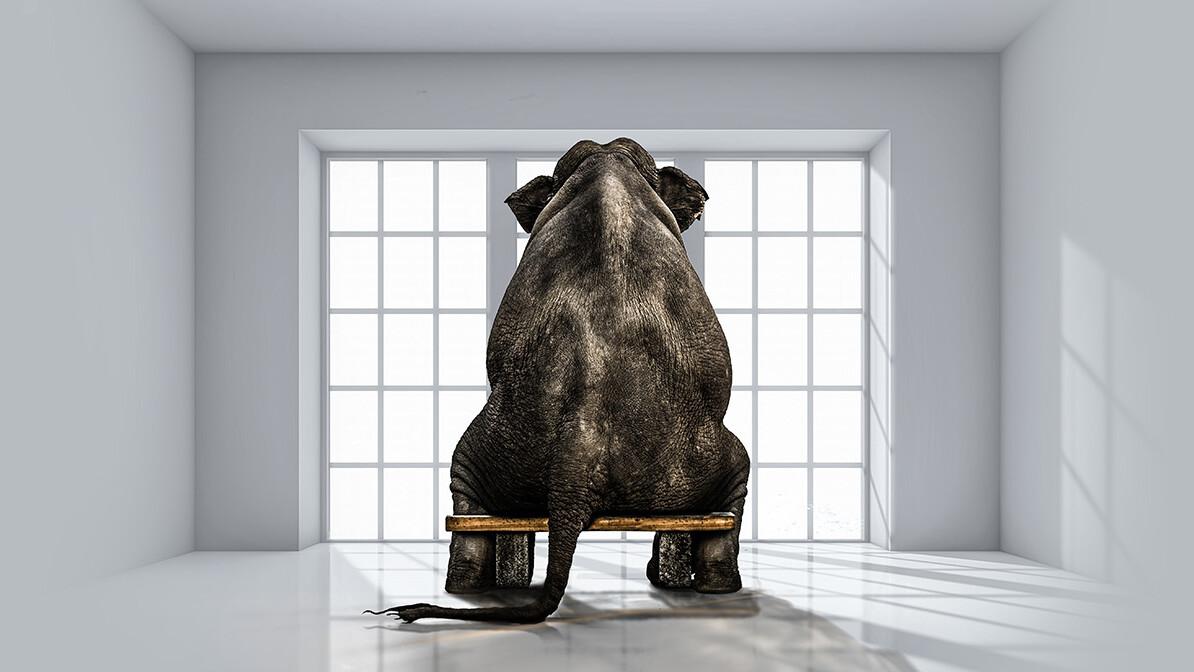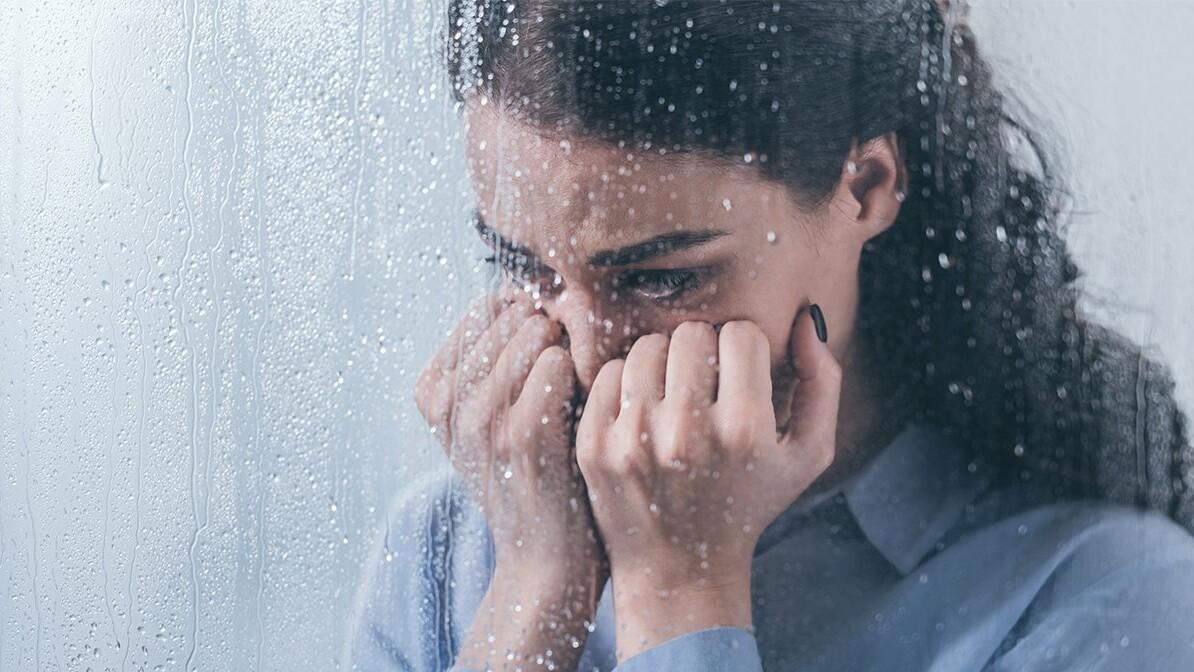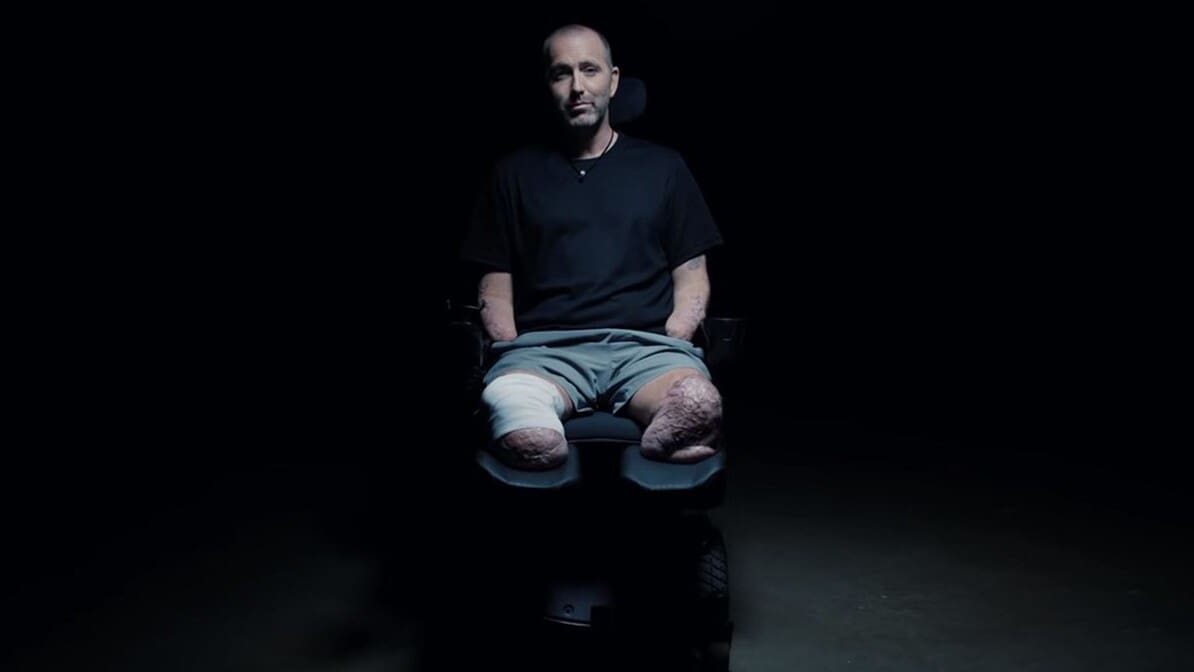
Anxiety Elephants, Part 2
CVB: You mentioned that you’re married. So how did this struggle with anxiety affect your marriage?
Caris: I love that question because the anxiety didn’t affect just me. It affected my husband as well. It was hard on him because he had never dealt with anxiety. He’s just not an anxious person and he wanted to fix it. He wanted so badly to save me, to rescue me, and to get rid of the hurt, but he didn’t know how. He didn’t understand.
On my end, I was scared that if he found out all the things that I was dealing with that he was going to leave. I was scared that he was going to reject me and that I was no longer going to be a good mom or a good wife. Once I told him what I was truly experiencing, he loved me.
One thing that we had to learn together is that it was okay that he did not have all the answers. It was okay that he did not understand. All I needed for him was to be there – to be present and let me know that he had not given up on me, that he wasn’t going to leave. I just needed him to give me that reassurance and that acceptance. We had to learn that in our marriage. He had to adjust because he likes to fix things. He’s smart and he can watch YouTube and fix a lot of things. But he couldn’t do that in that moment. In that time, we allowed our marriage to turn towards God and to say, “Okay, God, we don’t have the answers here.” We had to lean in during those hard times and now, if I have an anxiety attack, which sometimes I do, or if I feel upset or just need to be by myself, I can tell my husband, “Hey, I need a minute. I just need to be by myself.” And he understands. He doesn’t get upset. He understands now that we’ve gone through this journey. He knows the ‘why’ behind it. So that really has been helpful for us.
CVB: The next question then is the church. You had mentioned the different areas where you were able to find help. One of them was church. One of them was a counselor. The other one was a doctor. And the medical aspect of this is one that some church people have problems with. So how did you walk through that and what minefields did you have to navigate?
Caris: Yeah, I had to go through a lot of minefields really within myself. I had grown up grown up in the church and I love the church and the church does a lot of amazing things. And I think the church is learning, slowly, how to deal with mental health. But in talking with my doctor and I told her my struggle with taking medication. I asked, “Is this not wrong?” That was my question.
It was also the question, for me, “Am I trusting God by taking this medication?”
CVB: Right.
Caris: What she asked me was, “Caris, if you had heart disease, diabetes, cancer, or asthma and you came to me and I gave you this medication to take to help that issue, would you take it? And I answered, “Oh, of course, because that would help that part of my body.” She replied, “Your brain is out of balance, as hormones are out of balance. This medication is helping bring that balance back in your brain. Those hormones are just kind of going everywhere right now. So that’s what the medication is doing. It’s bringing you out of that fog.”
She went on to say, “It will help bring clarity so then you can begin to focus on some things. You can go to counseling and figure out the root where all of those came from.”
And so I trusted my doctor and I told her I would give it a try. The first two weeks, honestly, I cried every day taking it, because I was still struggling with that. “Is this okay? Is it not okay?” And my husband and I actually went to a Chris Tomlin concert and Louie Giglio was speaking. He started talking about waking up at night with sweat and his heart racing. He couldn’t sleep. And I thought, “This is my story that he’s telling.” But at the end of that, he began to talk about how God helped him. And then he said, “And a doctor helped me too.”
I felt like God was saying, “I have given these doctors wisdom and trust.” At that moment there was a shift in my head and I realized if I’m going to do this for my heart, I need to do it for my brain. And so I was able to take the medication. I was on it for about four or five years and was able to come off.
I still see my doctor every year and she writes me a prescription. She’s says, “Just in case you need it, here it is.” So that is helpful as well, to know that if I do need to go back on it, it doesn’t mean I failed. It just means there may be a lot of overwhelming situations going on in my life. So, for that season, I may need that.
CVB: The stress cup sometimes overflows. And it just depends on the season of life.
Caris: I know a lot of people who are in that stressful, overwhelming place, and when you’ve been dealing with anxiety or depressive thoughts for months, that takes a toll on your brain and your body. And if you’re in that, it’s worth it to get the help. It’s okay for you to seek out a counselor. It’s okay to talk to a doctor and say, “This has been going on for a prolonged amount of time and I need help.”
CVB: Yeah. That’s good. As we wrap up, what are your hopes for someone gets a hold of your book, someone who’s been struggling, or maybe someone who has a loved one who is having anxiety?
Caris: My hope is that they can get this book, see their own story and say, “I understand. That is me.” But I also want them to see another part of their story and say, “Okay, she coped – I can cope. If she overcame, I can never overcome.” I want that person to see that the small action steps in the book are toward a new direction and a new way of living.
I also want them to recognize that lie that we still often hear that God doesn’t love us. He loves us so much. His Word is full of that love, saying, “I’m here. I will never leave you or forsake you.” So I hope that they get hope and that they see they’re not alone.
And for the one who is reading it and wanting to understand about their loved one, I hope that they can see in this book that their loved one is really struggling. But they get up every day, so I hope they see the champion that their loved one is. Maybe they will learn some of those skills and techniques to overcome anxiety in their own life as well. If they see their loved one struggling, they can walk alongside them and say, “Hey, I’ll do this with you. I’ll walk through this. I’ll put these techniques into practice.” I think we could all use to help with anxiety.
CVB: Especially in our modern-day pandemic.
Caris: I think anxiety is a pandemic that we don’t talk about. It has consumed our world. We can just begin to help one person at a time learn how to cope, where that anxiety no longer keeps them from living their lives. We need to look anxiety in the eyes and say, “I’m going to keep going. You’re not going to stop me from being what God has called me to be.” The enemy wants to stop us because this world needs Jesus. We are the hands and feet of Jesus. If he can silence us, they don’t get to see that hope. So, we may feel anxious, we may be afraid, but with these tools and these skills, when we keep going, no matter what, we become a strong army that the enemy will not defeat.
…
Order your copy of Anxiety Elephants: A 31-Day Devotional To Help Stomp Out Your Anxiety by Caris Snider
Trending Now
Sign up today for your Inspiration Today Daily Newsletter
Supercharge your faith and ignite your spirit. Find hope in God’s word. Receive your Inspiration Today newsletter now!
Dr. Craig von Buseck
Dr. Craig von Buseck is an award-winning author, speaker, and Christian ministry leader known for his engaging storytelling and biblically grounded insights. His books, teachings, and inspirational messages encourage believers to trust God's guidance, walk in faith, and recognize His hand in everyday life.
Craig's writing blends historical research, spiritual wisdom, and practical application, making his work meaningful to readers across the Christian community.
Learn more about his books, teachings, and ministry at vonbuseck.com.
Related Articles
January 28, 2026
I Just Knew It Was God: From Searching to Finding Faith
From the outside, Ekaterina’s life looked successful. She had a college degree, a strong career,…
January 26, 2026
How to Overcome Old Wounds with Resilience
How Do You Deal with Old Wounds? Everyone is talking about trauma, but very few are talking about…
November 21, 2025
Thank You … Lord
Gratitude transforms our lives and draws us closer to God. This article explores how practicing…
October 27, 2025
So, Is God Good?
Many people wrestle with the question, is God good, especially when life brings pain and loss.…
Next Steps To Strengthen Your Walk
Inspiration Today Newsletter
Supercharge your faith and ignite your spirit. Find hope in God’s word. Receive your Inspiration Today newsletter now!
Christian Articles
Find articles to strengthen your walk and grow your faith. We have a wide range of topics and authors for you.
Submit A Prayer Request
We are here for you. Simply click on the button below to reach us by form, email or phone. Together we will lift our hearts and voices with you in prayer.






